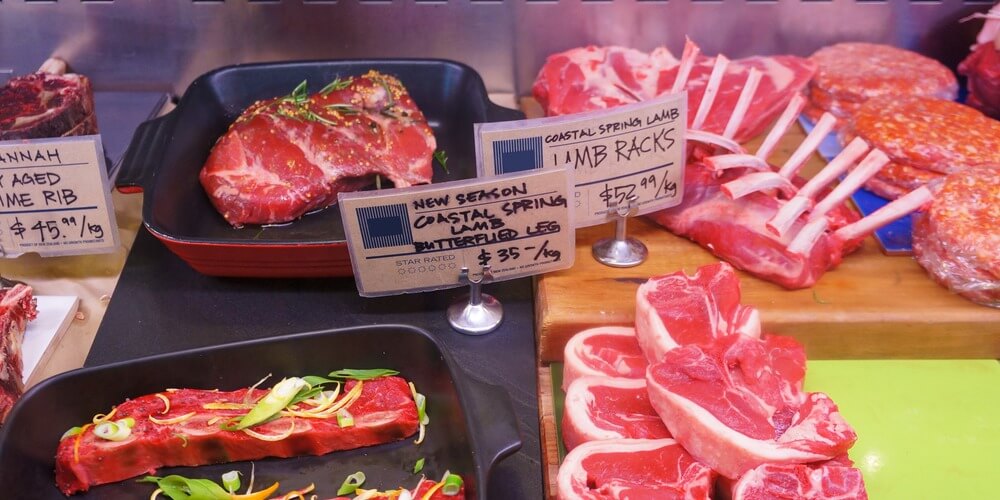
New Zealand meat association calls for special halal butchers visa to fill worker shortage
A shortage of halal workers needs a sustainable solution or New Zealand’s meat industry will face a “crisis”, said the local Meat Industry Association (MIA).
The industry body, whose members represent 99% of domestic red meat production and export, addressed the government in a written submission on June 28 to the committee conducting an inquiry into the future workforce needs of the primary industries.
New Zealand’s red meat export industry is worth a substantial NZ$9.2 billion ($6.4 billion). The industry as a whole is short more than 2,000 workers across all categories. It needs about 250 halal slaughterers but is currently short of about 50 workers and “the situation is very tight”, said the MIA.
MIA CEO Sirma Karapeeva told Salaam Gateway in March that 43% (NZ$3.5 billion) of red meat products for the year through September 2020 was halal-certified. However, almost all animals are processed in the halal manner, allowing companies to export different cuts from a single carcass to Muslim countries and other customers, MIA said on June 28. New Zealand was the sixth biggest meat supplier to the 57 countries of the Organisation of Islamic Cooperation in 2020, according to the U.N.'s ITC Trade Map.
“Halal processing is a cornerstone of the meat industry business model. It is an absolute critical part of the industry business model that relies on a small number of specialist workers,” MIA said.
New Zealand’s government is pushing for employment of more citizens in the primary industries, the red meat industry included, but companies have had to rely on migrant labour especially for the halal sector. Shortage of halal slaughterers and butchers have historically been met by bringing in about 150 migrant workers annually, a process the MIA said “has been bureaucratic, slow and frustrating, and created uncertainty for companies”.
There are currently over 100 New Zealanders employed as halal butchers in meat processing plants and about 90 or so migrant labourers whose continued employment is tenuous. “As a result of COVID, the migrant halal butchers in the country were able to stay. But the numbers are slowly declining as workers decide to go home or the temporary visa extensions expire,” said MIA.
The MIA is asking the government for a “permanent and sustainable solution” as efforts to recruit halal slaughterers and butchers from the pool of around 47,000 New Zealander Muslims have yielded few recruits “for an occupation that most people are unwilling to do”.
“To reiterate, finding more New Zealand halal butchers is not a matter of better advertising, paying more, or training to be upskilled. We cannot fill this labour gap because of the unique religious faith and aptitude required for the work. And the immigration policy does not recognise that,” said the MIA.
The Association is recommending the government’s Primary Production Committee “take a direct interest” in the matter to find a “pragmatic and sustainable solution”.
“In our view, the obvious solution is for a special visa for halal butchers. Such workers can be required to only work at New Zealand meat processors as halal butchers (so there is no displacement of New Zealand workers), and the industry has requirements to continue to advertise and promote the career to New Zealand Muslims,” said the MIA.
|
READ ALSO Halal and climate change: New Zealand’s meat industry body consulting with national Commission |
© SalaamGateway.com 2021 All Rights Reserved
